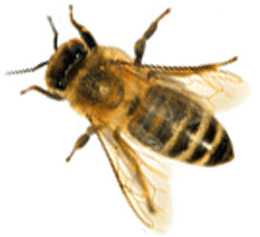Bee Conservation
Small choices in the garden have a big impact on the health of pollinators and our planet. At Earth’s Ally, we’re committed to developing Bee Safe formulas and proudly donate 5% of profits to pollinator conservation.


A Buzz Worthy Partnership
Pollinator Partnership is the world’s largest non-profit organization dedicated exclusively to protecting the health of pollinators, critical to food and ecosystems, through conservation, education and research.
Pollinators such as bees, birds and bats play a vital role in food supply, with 3/4 of the world’s flowering plants and approximately 35% of the world’s food crops dependent on pollinators to reproduce. A steady decline in the health of pollinator populations has been attributed to climate change, loss of habitat, pests and pathogens, and the misuse of chemical pesticides that are toxic to bees.
Action begins with education. We’re proud to formulate Bee Safe products and amplify the Pollinator Partnership’s educational message in the classroom and in the garden.
In The Classroom
In Your Garden
#beeconsiderate
Giving back 5% of our profits to support pollinator conservation, protection and education.
Pollinator Friendly Ideas for Your Garden
Have more questions about our Bee Safe formulas?


Kelly Bills
Executive Director,
Pollinator Partnership
